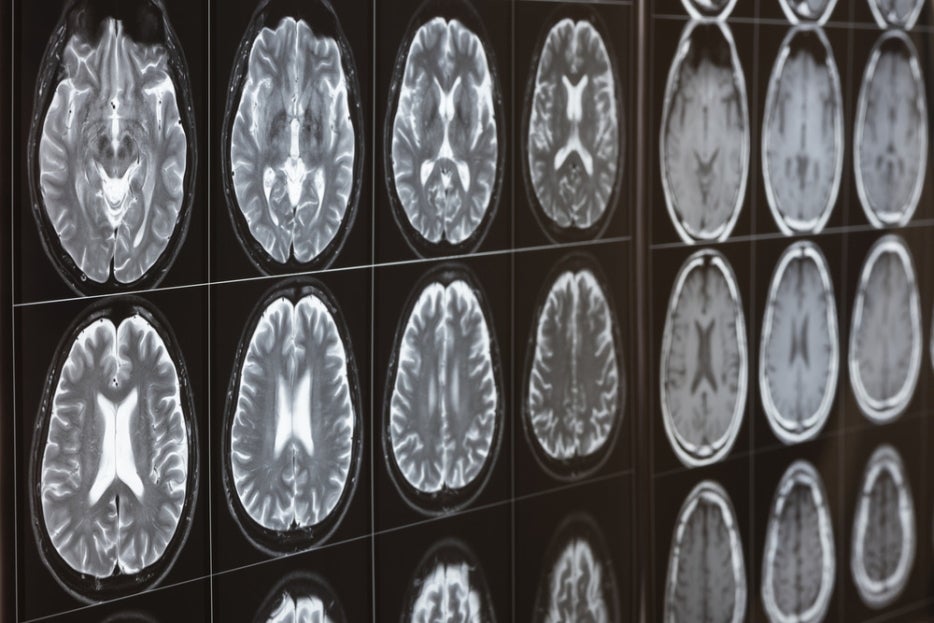
Do you know the warning signs for a stroke? Would you recognize them in someone else? What about yourself? We often think if something like a stroke has occurred, we would realize it immediately, right? As it turns out, nearly 70 percent of people who have suffered a minor stroke don’t recognize the symptoms at all. Seeking medical treatment within the first three hours is critical to successful treatment. However, according to a study published in the journal Stroke, 30 percent of stroke patients wait more than 24 hours to contact their doctor or head to the emergency room.
How to Spot a Stroke
Stroke warning signs strike suddenly. They can include one or several of the following:
- Numbness or weakness in the face, arms or legs (especially if this occurs on only one side of the body)
- Trouble with speech or understanding someone else talk
- Blurred vision in one or both eyes
- Problems with walking or balance
- Sudden headache with no known cause
Simple Tests for Stroke
Even if you or someone you suspect might have only one symptom, like suddenly not being able to write or hold a cell phone, there are simple tests that can indicate if a Transient Ischemic Attack (TIA or mini-stroke) or a hemorrhagic stroke has occurred. Performing these tests immediately can save valuable time in getting to the emergency room, where clot-busting drugs can potentially stop a stroke in its tracks.
- Smile Test – An uneven smile may be a sign of facial weakness.
- Raise Arms with Eyes Closed – Stroke patients are not likely to be able to do this without losing their balance.
- Repeat Simple Sentences – If speech is slurred, this may also indicate a stroke.
If you have a cell phone with a video camera or have a video camera available, tape these tests to show the medical staff when you arrive at the emergency room. This will help them to quickly observe the symptoms and proceed with further testing and treatment.
Stop Strokes by Prevention
Being armed with the knowledge to recognize the signs of a stroke are important to seek immediate medical attention and receive the best possible outcomes. However, preventing a stroke in the first place is the best medicine. Make sure you are aware of these risk factors and control those which are high through medication (if prescribed), diet and exercise, and lifestyle modifications.
- High Blood Pressure
- Heart Disease
- High Cholesterol
- Diabetes
- Smoking
If you smoke, stop. If you don’t smoke, don’t start. Every 40 seconds someone in the U.S. has a stroke. Every minute that passes after a stroke has occurred affects successful treatment. Don’t let a minor sign go unnoticed or untreated.
Lovelace Medical Center has earned the Joint Commission's "Gold Seal of Approval" for certification as a Primary Stroke Center. Lovelace Medical Center has also been recognized by the American Heart Association/American Stroke Association's Get With The Guidelines program with a "Gold Plus award" for its commitment to quality patient care. These certifications recognize Lovelace Medical Center's ongoing dedication to excellent stroke care.
If you or a loved one experience sudden signs of a stroke, call 911 immediately and ask to be taken to Lovelace Medical Center-certified primary stroke center.
For more information, please visit Stroke | Lovelace Health System in New Mexico.




